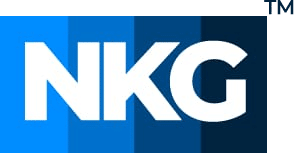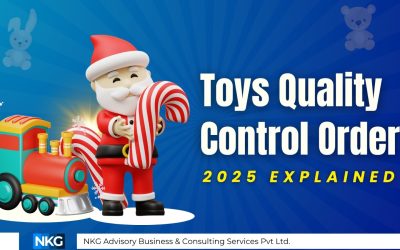The demand for regulatory affairs professionals can be seen increasing daily due to involvement in different product development processes. As someone planning to make a career in regulatory affairs or hire a RA team, here are a few things and skills one should keep in mind.
Qualification of regulatory affairs team
One should have a four years degree from a recognized university in biology, chemistry, biotechnology, chemicals, pharmaceuticals, mechanical, etc. Additional certification of regulatory affairs will not harm.
10-Point Checklist before you Hire a RA Team for Your Business:

S. No | Skills | Description | Proficiency | |
1 | Taking References | The First step to ensure the right results is to check the experience and references of the RA team or firm. It is imperative to seek the active recommendation of existing or past clients and to discuss their experience while considering the firm with whom the organization plans to work. It will help to understand the type and quality of work they provide and whether their goals and expertise align with your organization. |  | |
2 | Knowledge of legal | Legal knowledge is essential to keep in mind while hiring a regulatory affairs team. The team should thoroughly understand the regulations applicable to the product to make the compliance process smooth and easy. The regulatory affairs team uses these skills to assist the business during meetings with regulatory agencies. Organizations can use the legal knowledge of the regulatory affairs team to plan further business, as they will help determine the laws on the designed products. |
| |
3 | Writing skills | One of the regulatory team’s tasks is writing reports, documents, and proposals. All the records contain information about the current regulations, their compliance with products, gaps, and how those gaps need to fill. Hence, writing skills are one of the most crucial skills for a RA team. |  | |
4 | Decision-making skills | The regulatory affairs team helps the business from product planning to development and marketing; in all these stages, regulatory affairs must make their decisions quickly and precisely. Thus, the regulatory affairs team must have decision-making skills on their list to fulfill the business goal and the government regulations. For example, at some point in product development, the regulatory affairs may need to decide what steps the business should take to meet the government regulations and complete the product in time. |
| |
5 | Leadership skills | A great leader makes the company the best. Thus, regulatory affairs managers should have excellent leadership skills to influence the company workers to make important changes in processes or developmental stages of products. Only a great leader can inspire employees to put in extra effort during audits and inspections. |  | |
6 | Time management | It is one of the other crucial skills of the regulatory affairs team. Most of the time, updated regulations have tight deadlines to comply with the products, and at that moment, time management skill is a blessing in disguise. Not only in compliance but in filling the reports, changes in product or process need time management skills. |  | |
7 | Interpersonal or communication skills | Regulatory affairs teams must manage communications between employees, business owners, and regulatory agencies. They are also responsible for establishing a communication network with the business stakeholders. They provide information about the schedules of product development, updates in regulations, changes in processes, etc. The regulatory affairs team works closely with the R & D and manufacturing and marketing teams; thus, the regulatory affairs team cannot take a chance on communication skills. |
| |
8 | Budgeting planning | The regulatory affairs team helps the business to estimate the cost and budget required for product development. They are responsible for dictating the risks and mitigating methods if the product fails to comply with the government. The regulatory affairs team is the one that can precisely tell about the cost required to comply with products with regulations. Thus, a regulatory affairs team should be able to play with numbers and be able to stay within the company budget. |  | |
9 | Computer knowledge | The regulatory affairs team works on reports, documents, and registrations, which can be done only through the computer. The regulatory affairs team needs to be tech-savvy. Nowadays, almost all regulatory agencies are using different software, and a RA should be able to handle that. In addition to that, expertise in advance MS Excel, Word, and PPT is an added advantage. |  | |
10 | Hardworking | Hard work is the synonym of the regulatory affairs team; with the updates, documentation, and reports, a regulatory affairs team needs to be hard working. Along with hard work, they should also have patience and perseverance to understand the changes, apply them and wait for results. Sometimes the regulatory affairs team needs to work long hours so that product does not get rejected by government agencies; thus, a regulatory affairs team should know how to work hard and smart. |  |
For Business owners:
- The regulatory affairs team must be free from pressure while making decisions and be trusted with their skills and abilities.
- An untrained or inexperienced regulatory affairs team is useless and will do more harm than good; thus, training them and providing all the help they need is essential.
- As your regulatory affairs team, they expect you to respect their vision and opinion and not only hear but listen to their concerns.
Conclusion:
- Regulatory affairs is a vast field and thus needs a lot of practice, patience, and experience to get on the top.
- Along with skills, one should have a deep interest in this field; then, only one would be able to survive in the regulatory area; otherwise, it would become boring.
- Any person can attain these skills with time and practice, and once they become fluent, the person is irreplaceable.







